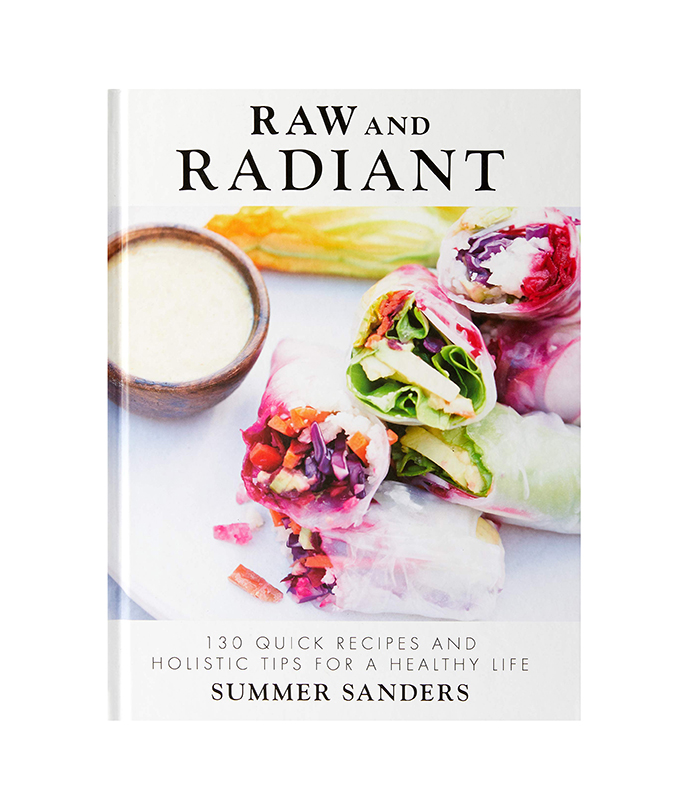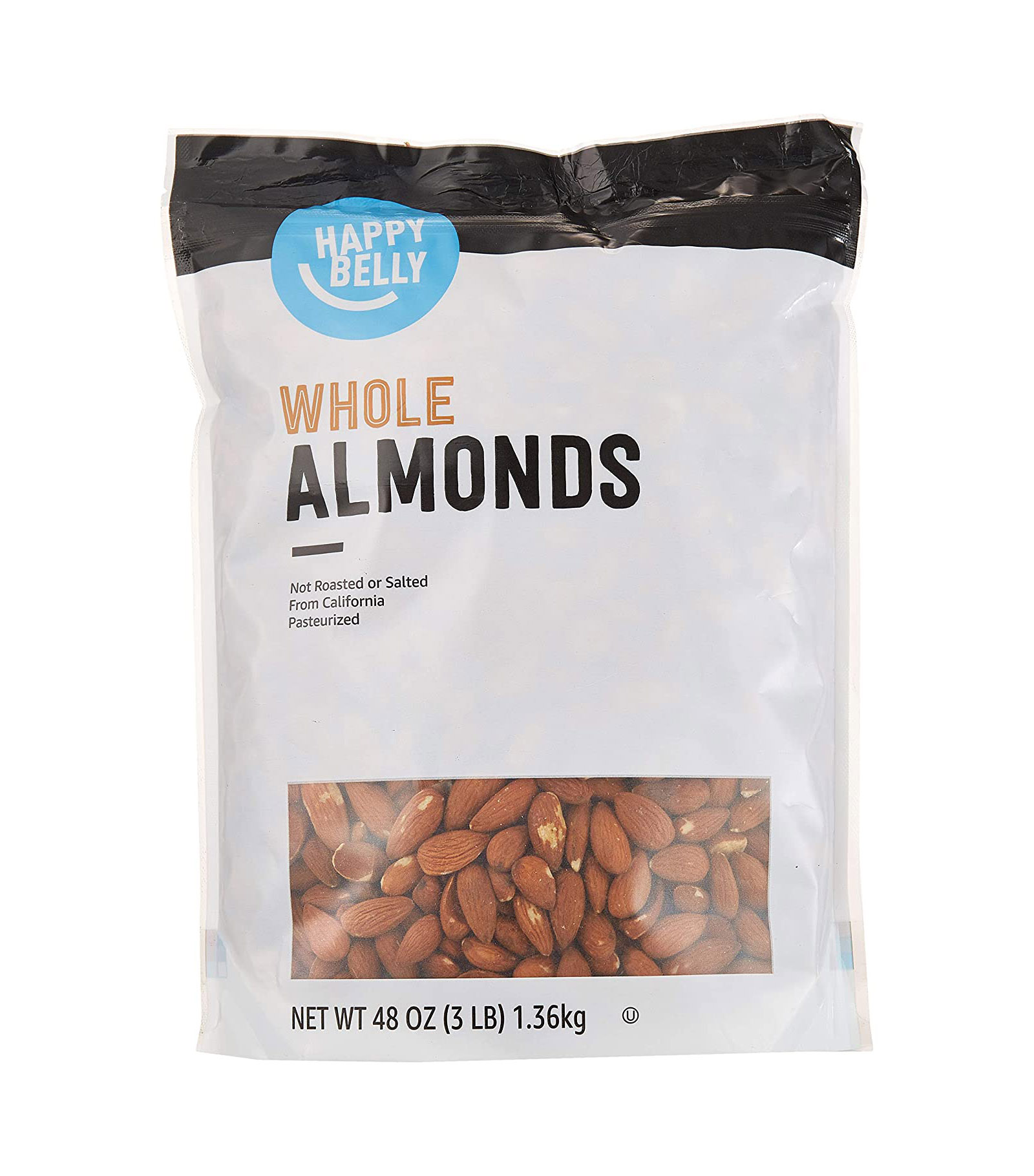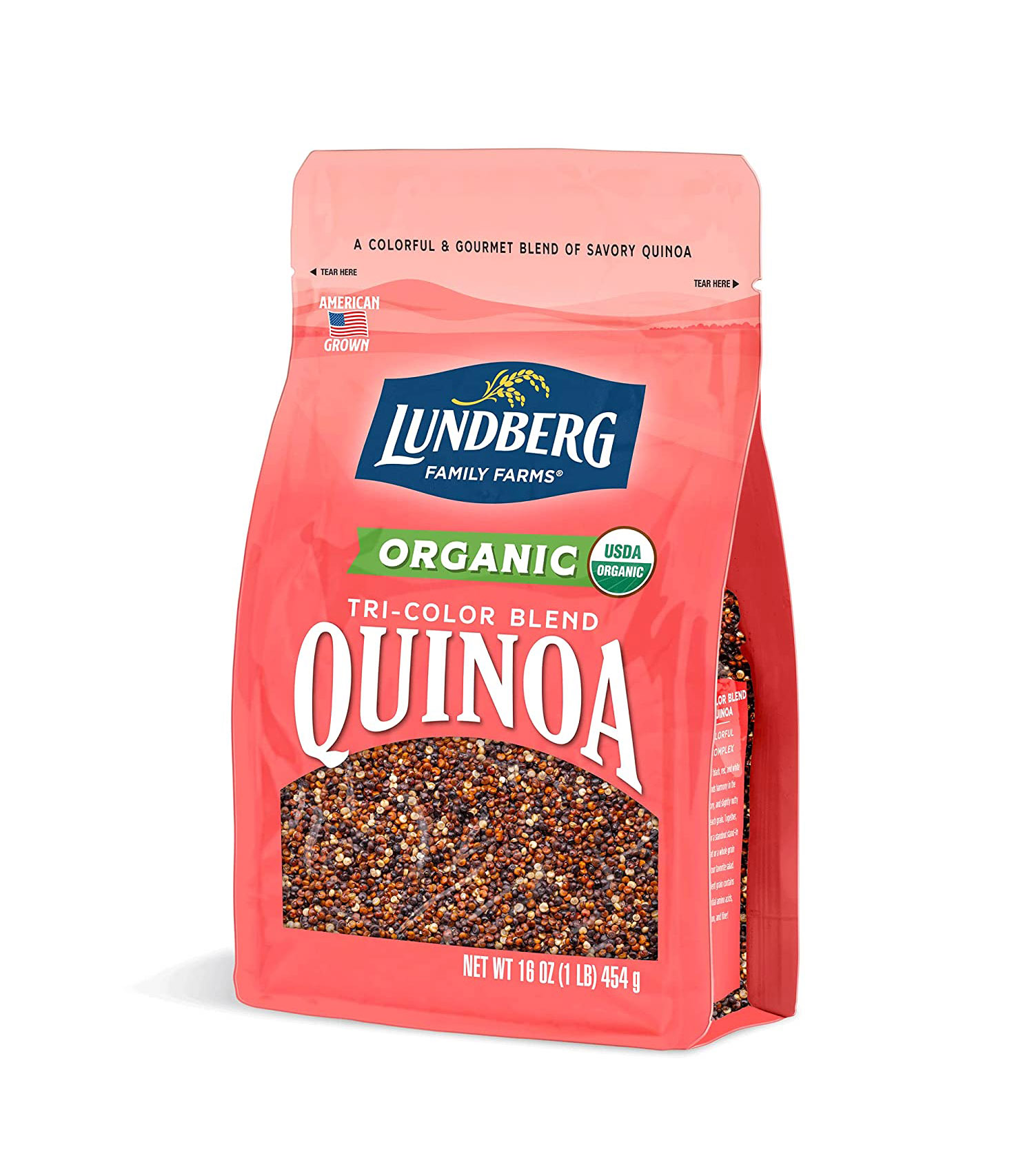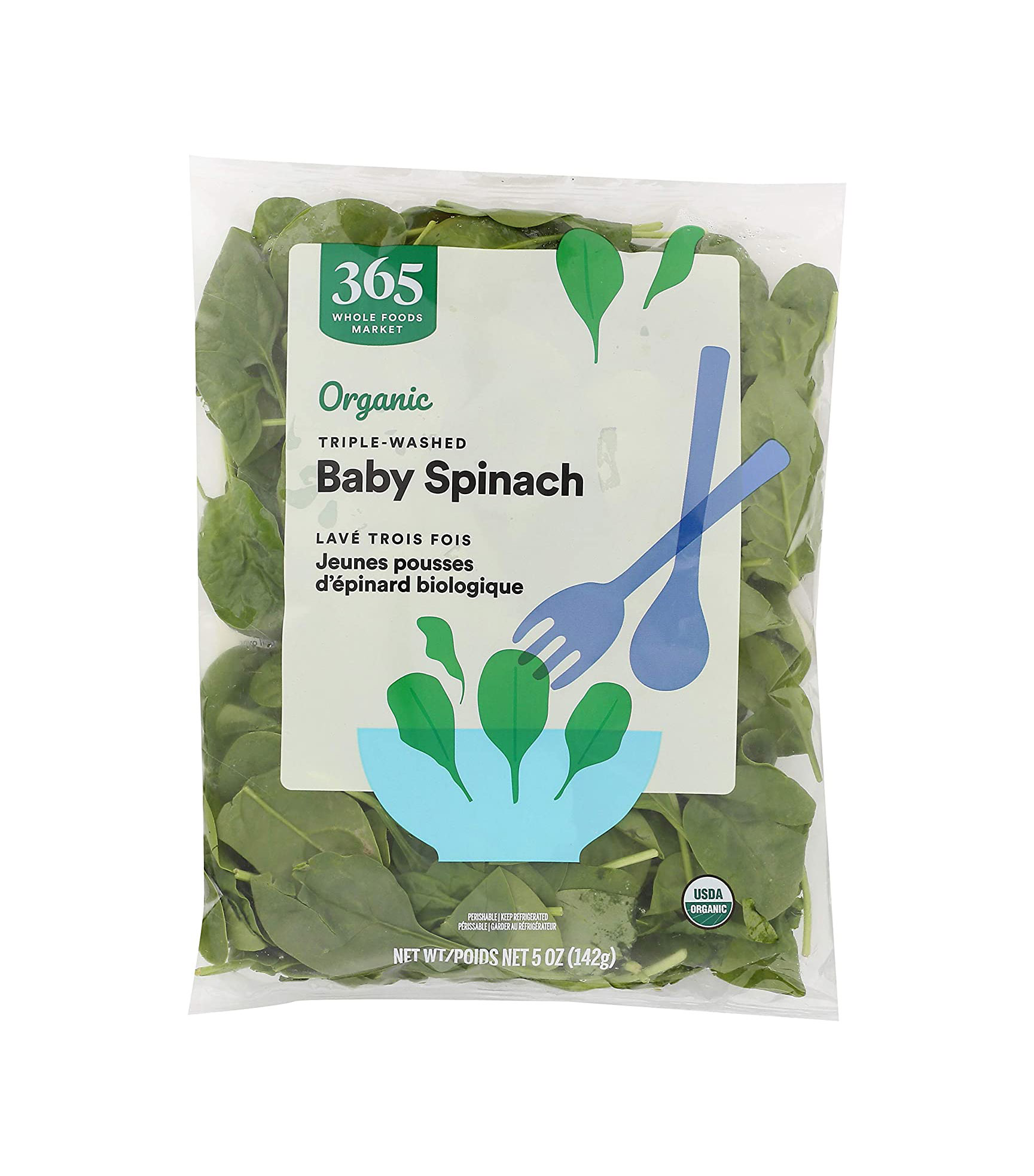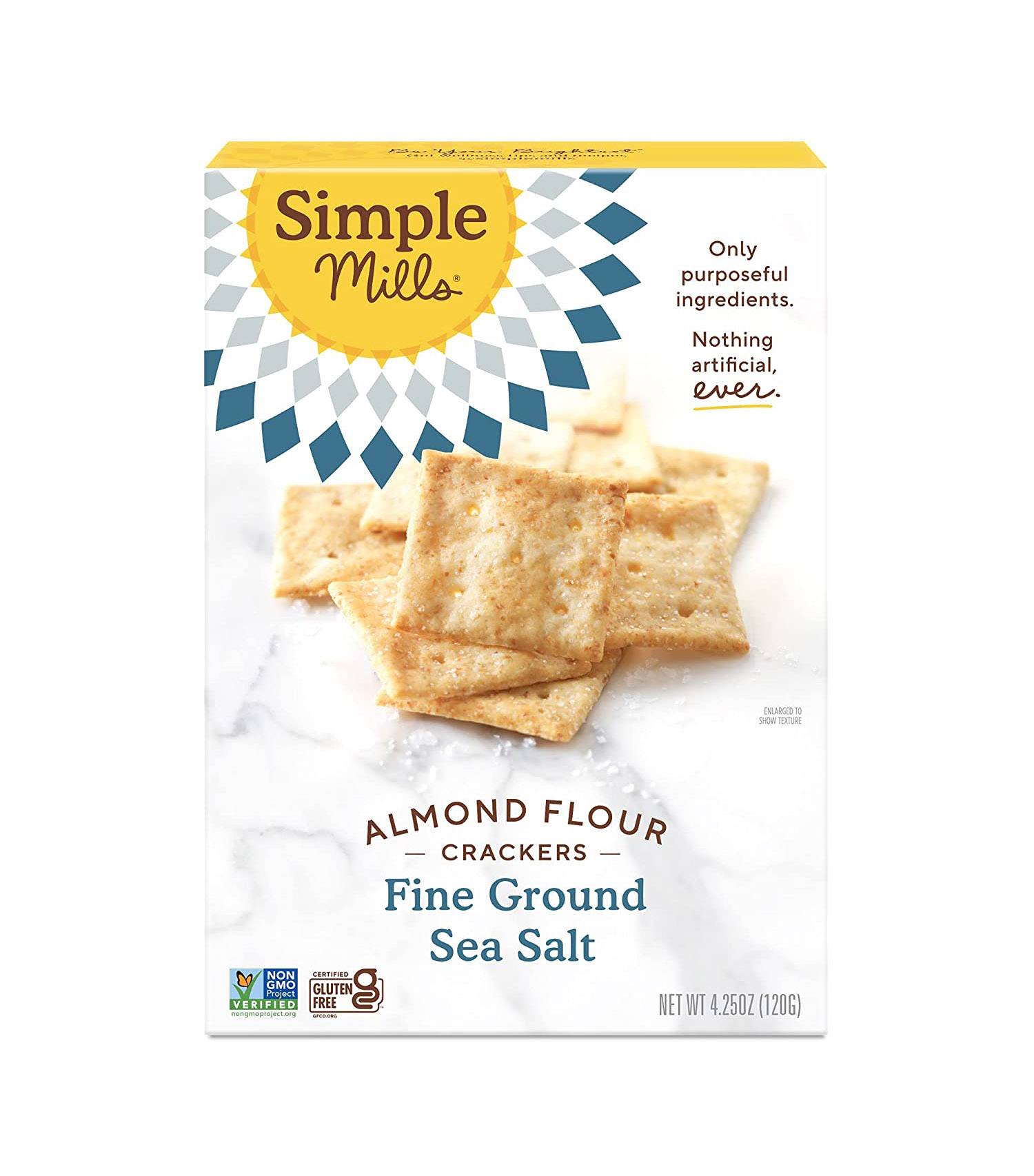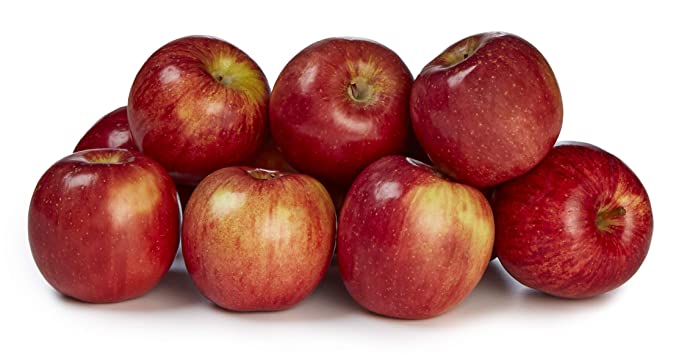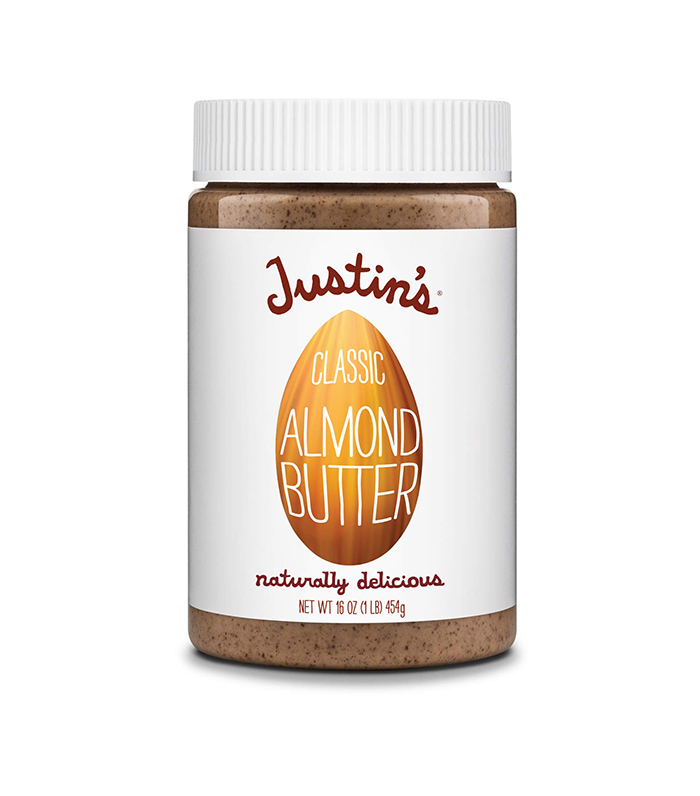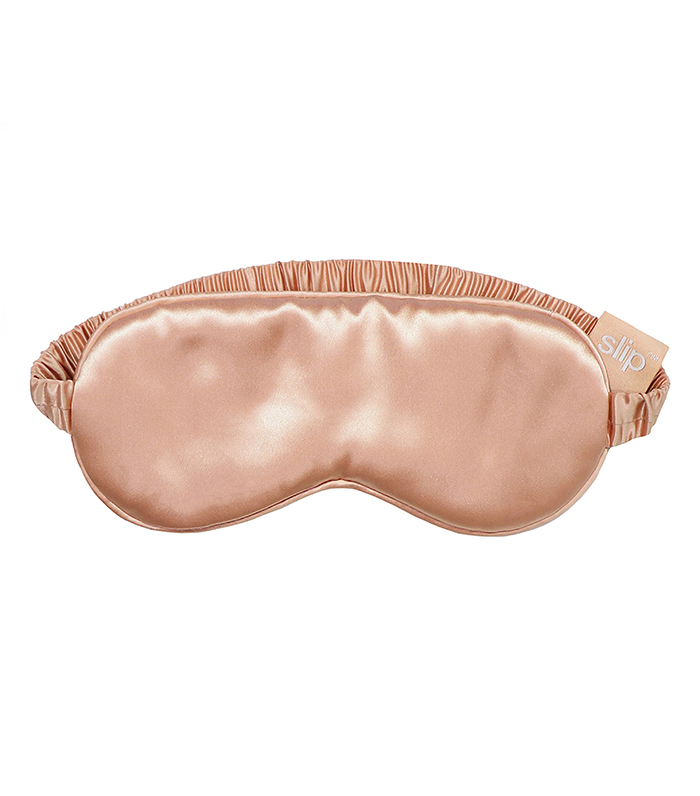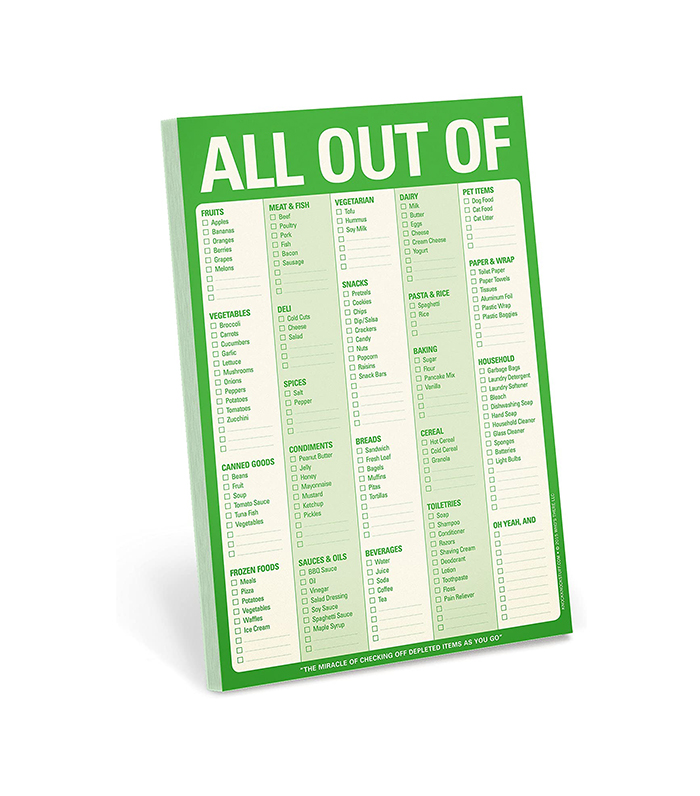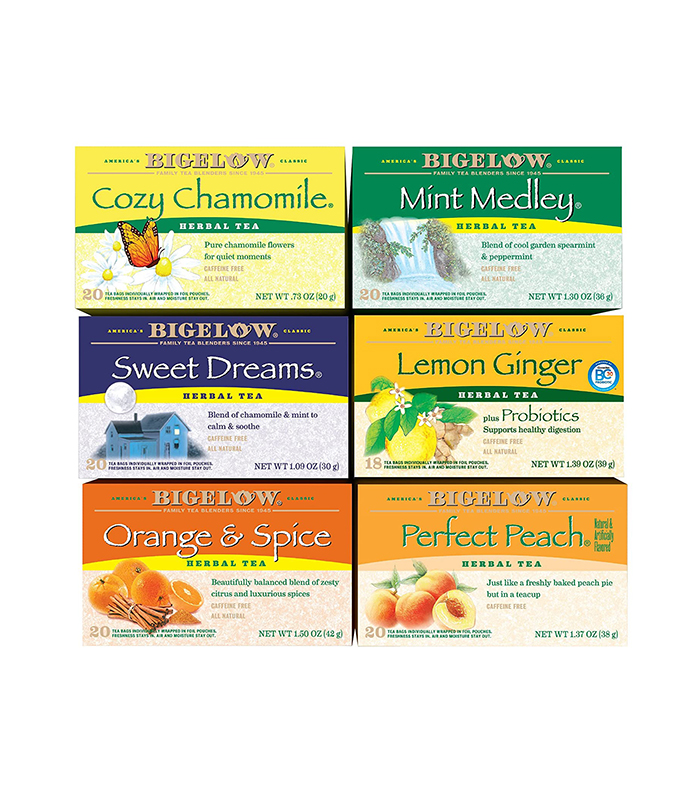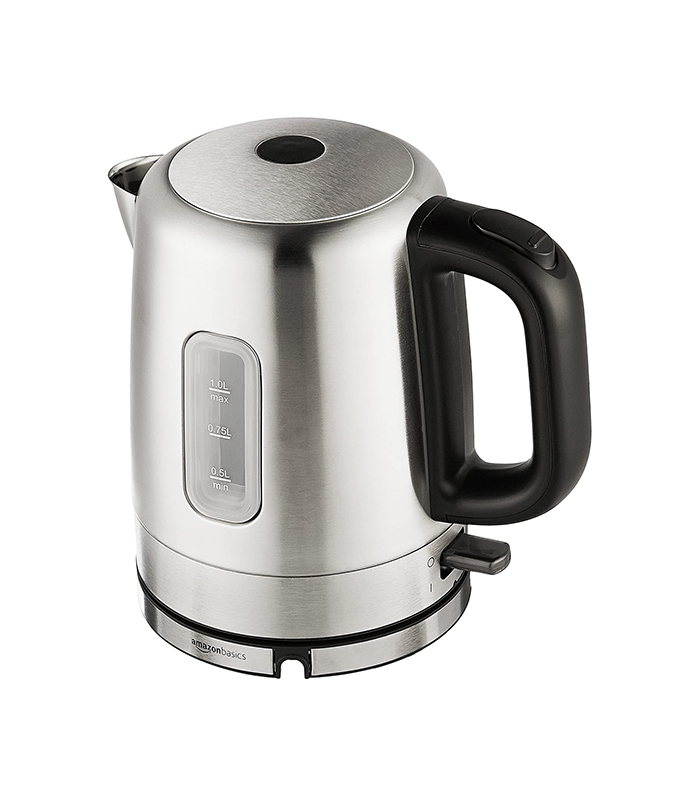Is It Bad to Eat Before Bed? Nutritionists Answer

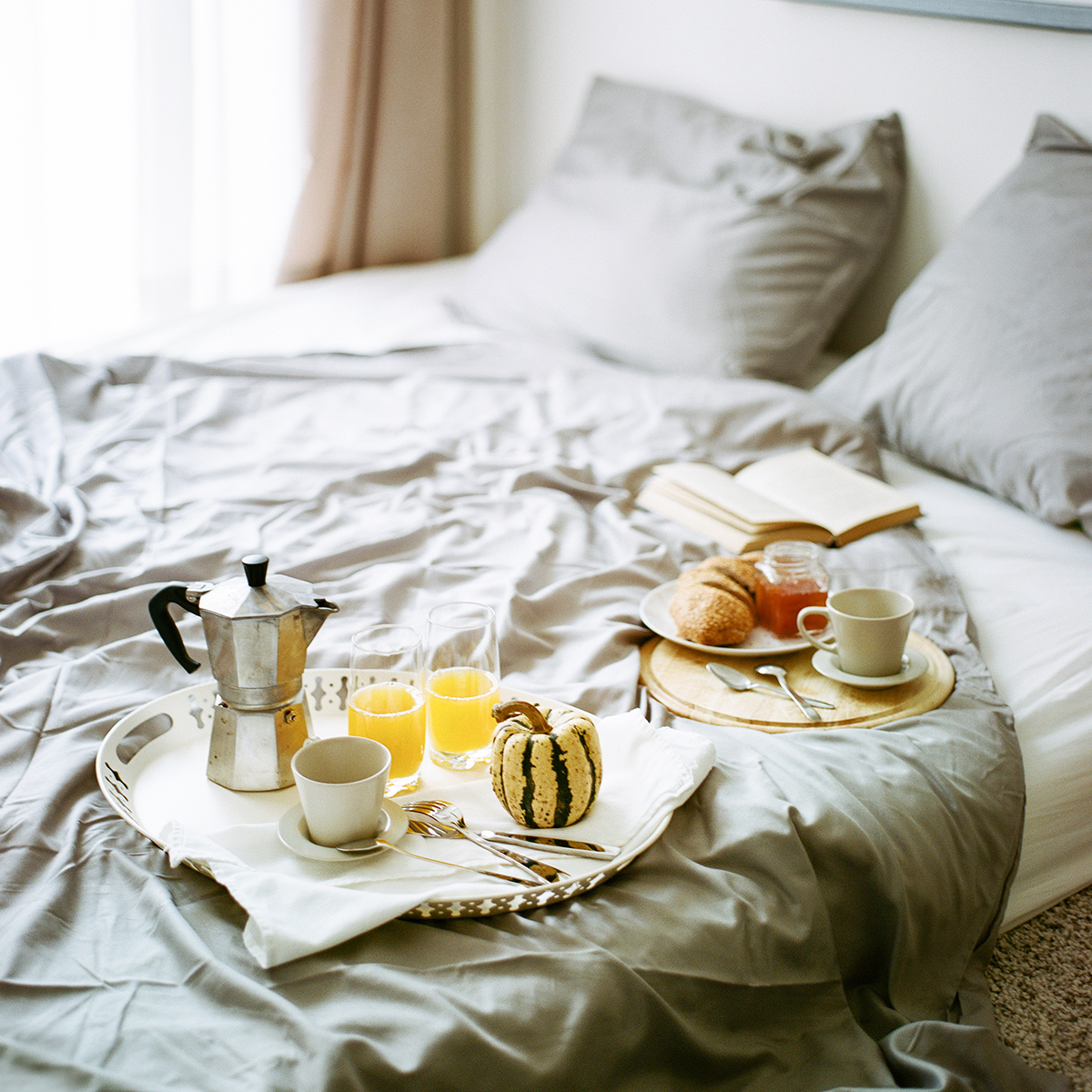
Here's how it goes: Whether it's going straight from work to a workout class or to an after-work event, you're running around all day. You've been eating in between the busy moments when you can, but by the time you get home, it's late at night, you're physically drained from your day, and you're hungry as hell. I've been there one too many times. Eating late at night is never ideal, but sometimes it feels like you don't have a choice, especially when you live a fast-paced lifestyle. No one wants to count sheep until they fall asleep dreaming of food only to wake up hangry. So what do you do?
There have been conflicting studies on whether or not eating before bed has the ability to boost your metabolism or if it increases your caloric intake and can make you gain weight. The line is blurred when it comes to eating before bed, so we decided to seek counsel from the pros who know best. Summer Sanders, raw-food chef, holistic health coach, and author of Raw and Radiant, along with Amy Shapiro, MS, RD, CDN, nutritionist, and founder and director of Real Nutrition, cracked the code on nighttime eating.
The Verdict
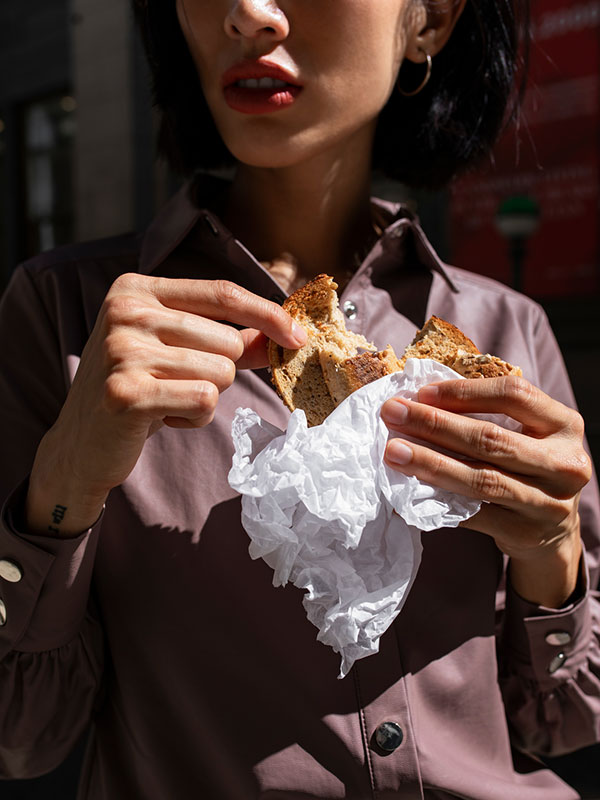
"It's really more about what you're eating versus when," explains Sanders. "If you are eating a large dinner right before bed, this isn't ideal and can lead to weight gain and negatively affect your cardiovascular health. However, eating small nutrient-dense foods or a single macronutrient food has been shown to actually help your body. Having a small clean, low-energy food before bed can help regulate blood sugar levels that, for some, drop through the night and leave you waking up hangry in the morning. I always suggest trying a lean protein, fresh fruit, vegetable, handful of nuts, or a serving of a whole grain."
Shapiro also believes that eating a full meal late at night is not a good idea—stick to lean, light snacks. "Eating a full meal late at night right before going to bed can be harmful, as it can cause heartburn, weight gain, and may disrupt sleep," says Shapiro. "However, going to bed hungry can also disrupt sleep, so there is a fine line here. I recommend eating dinner at least two hours before bed and then, depending on the person, a small snack may be helpful in aiding sleep. Usually, carbs or foods containing some carbs (think warm milk, fruit, or crackers) can help to drift you off to sleep, as the sugars hit the serotonin in the brain and can aid us to sleep. Alternatively, sugary snacks like candy, dried fruit, or juice can disrupt sleep, as they may cause a sugar crash that can wake you up in the middle of the night."
Mindlessly Eating Before Bed Can Be Harmful to Your Body

"If it's an apple, a piece of sweet potato, a bit of almond butter, or something simple and clean, this doesn't lead to bad habits or weight gain—I've actually seen the opposite," says Sanders. "However, if you are mindlessly snacking or eating a full meal like potato chips, an omelet, or something more complex, then yes, these choices can start to set your body and mind into unhealthy patterns and affect your weight and health. Research has shown that people who eat more (large dinner meals) later in the day/evening do gain more weight overall."
It's truly all about what you eat, and if you're eating for the wrong reasons, that can lead to the wrong things for your body. "Really, you only want to eat before bed if you are truly hungry and you want to ensure that hunger pains won't wake you up in the middle of the night," suggests Shapiro. "But eating for 'sport' just because you are bored or watching TV is not a habit we want to promote."
There Are Benefits to Having a Small Healthy Snack Before Bed

"Eating an appropriate-size snack before bed may help with sleep, and if you are an early a.m. exerciser, it may help to properly fuel you for your workout if you don't eat in the morning beforehand," says Shapiro.
According to Sanders, it's beneficial for women, in particular, to eat every three to four hours for stable blood sugar and hormone production. And there are benefits to having a small healthy meal before bed, especially if you're a night owl and are going to bed three to four hours after dinner.
Sanders outlines the below things that happen to your body when you eat before bed:
1. Blood sugar drops in the morning are less likely, setting you up for a steady morning mood.
2. You get better sleep when your stomach is satiated, so you'll be less likely to wake in the middle of the night if you've had a small healthy bedtime snack.
3. Consuming protein before bed can help your muscle repair themselves and can even support their growth.
4. Eating a small nutrient-dense snack before bed can give your body the energy it needs to take care of the metabolic functions while you are resting.
If you align with the above, don't be too hard on yourself if you eat a small healthy snack before bed because it does, in fact, help your body.
If You're Hungry Before Bed, Stock Your Kitchen With This…
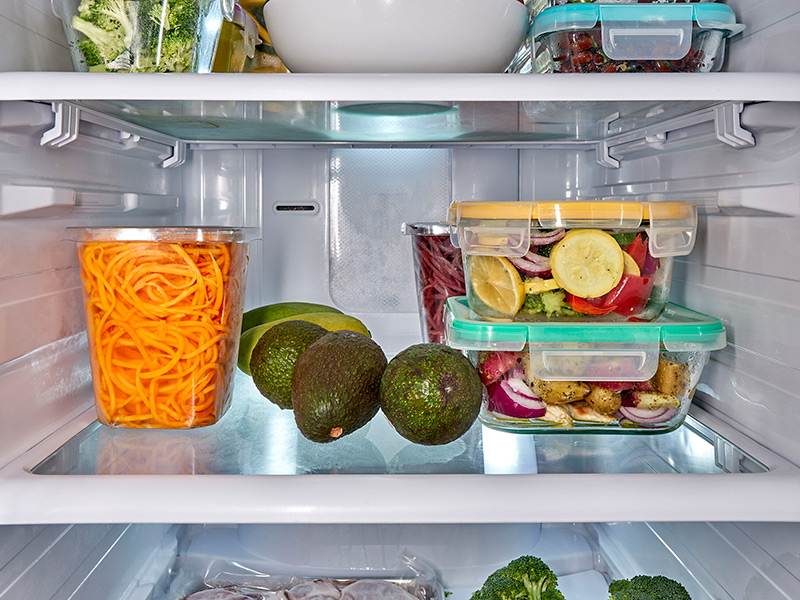
Sanders suggests a simple approach to eating before bed and sticking with the basics like an apple, papaya, kiwi, small handful of almonds or walnuts, carrot slices, garbanzo beans, a piece of sprouted grain toast, a tablespoon of your favorite raw nut butter, or a small serving of jasmine rice.
"I always recommend a balanced snack and one that does not contain added sugars or anything overly processed," explains Shapiro. "We don't want to make it too decadent, but we want it to be balanced." Shapiro recommends an almond milk tea latte (steep a decaf chai tea bag in eight ounces of unsweetened almond milk until almost boiling, add a dash of cinnamon and stevia to sweeten), half of an apple with one tablespoon almond butter, one-quarter cup nuts, 0% greek or Icelandic yogurt with cinnamon, rice cake with one teaspoon almond butter, or even just a spoonful of nut butter.
Your Digestive System Is Slower at Night, so This Is When Your Last Meal Should Be…
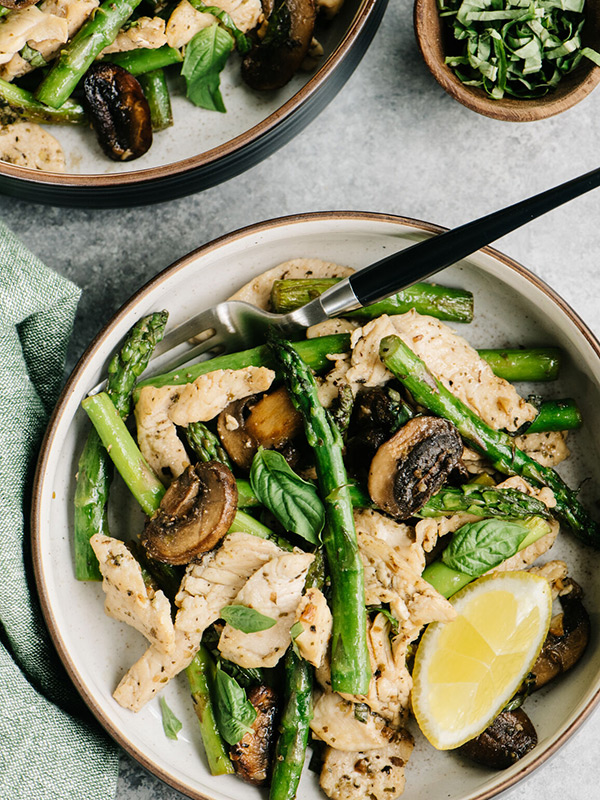
"Your last large meal should be three hours before bedtime," confirms Sanders. "Having a small mono meal-style snack that's nutrient-dense before sleep is fine and has not been shown to affect your health or cause weight gain."
Shapiro points out that your digestive system is generally slower at night and your metabolism drops. "Your metabolism slows down, so nighttime is the slowest time for your digestion," explains Shapiro. "Generally speaking, your metabolism drops 10% to 15% during the night and can even reach a 35% decrease during your deepest sleep cycles. Additionally, your body processes slower, so your metabolism slows down too."
Stick to a Food Schedule to Help With Nighttime Eating
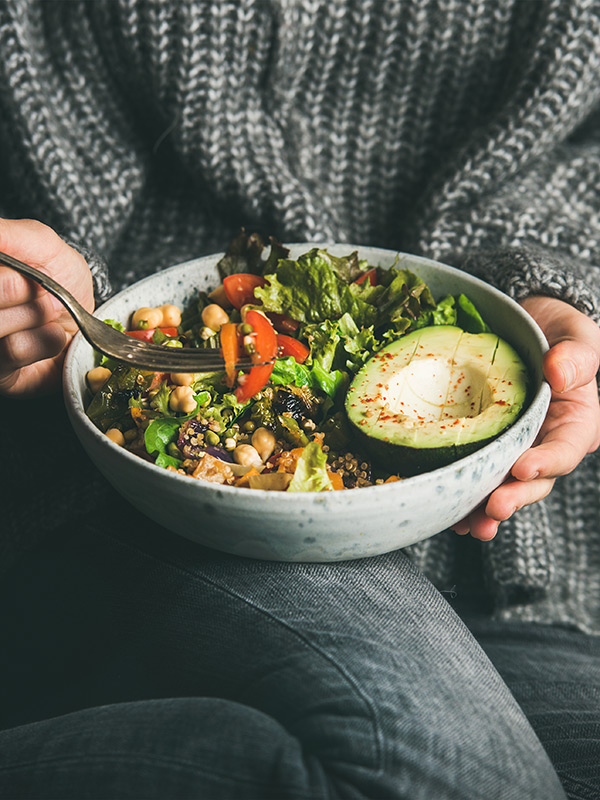
Sanders suggests that if you're eating large meals or dinner too close to bedtime, you should consider waking up earlier. "Waking up earlier sets your eating schedule up so that your dinner is earlier," she explains.
"Getting on a schedule can drastically help with nighttime eating. The best formula for overall health, weight, and hormone production looks like this:
7 a.m.: wake up
8 a.m.: breakfast
12 p.m.: lunch
3 p.m.: snack
7 p.m.: dinner
9 p.m.: nutrient-dense snack (if needed)"
Other Hacks to Cut Back on Nighttime Eating
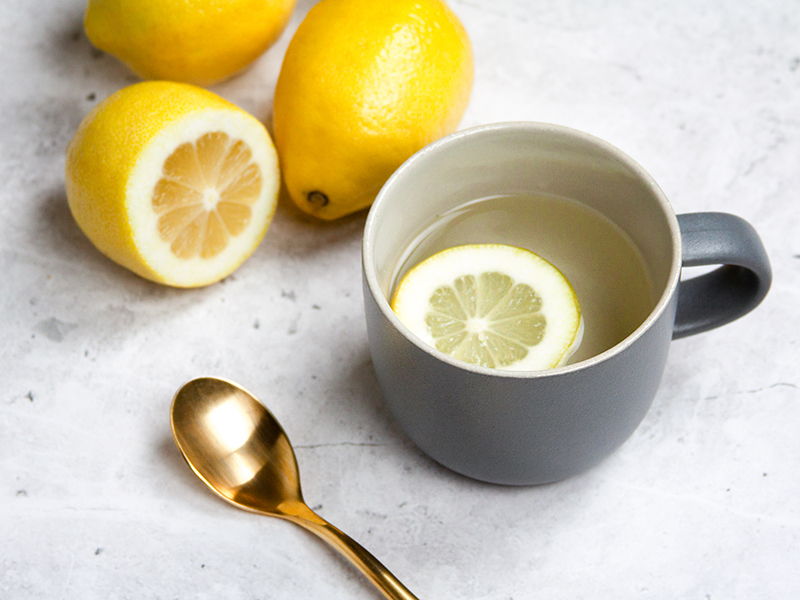
"First of all, clean up the kitchen, turn off the lights, tell yourself the kitchen is closed, and then move to another room," says Shapiro. "I always recommend having water or tea instead of snacking. They both help you to do something with your hands and keep you hydrated and therefore less hungry. It's important to eat enough during the day so you aren't catching up on calories at night. Many people cut calories during the day because they are busy and occupied, but this may cause you to be hungry at night, so eat regularly throughout the day and eat a balanced dinner. Have a small snack after dinner if they fit the above recommendations."
All in all, it's not the end of the world if you decide to indulge in a lean snack before bed—and it might even help you sleep better—but be sure to eat your heaviest meal three hours beforehand so you don't have to deal with indigestion, heartburn, or discomfort.
Next up: The 20 Healthiest Vegetables You Can Eat, According to Top Nutritionists
This article was originally published at an earlier date and has since been updated.
This article is provided for informational purposes only and is not intended to be used in the place of advice of your physician or other medical professionals. You should always consult with your doctor or healthcare provider first with any health-related questions.
